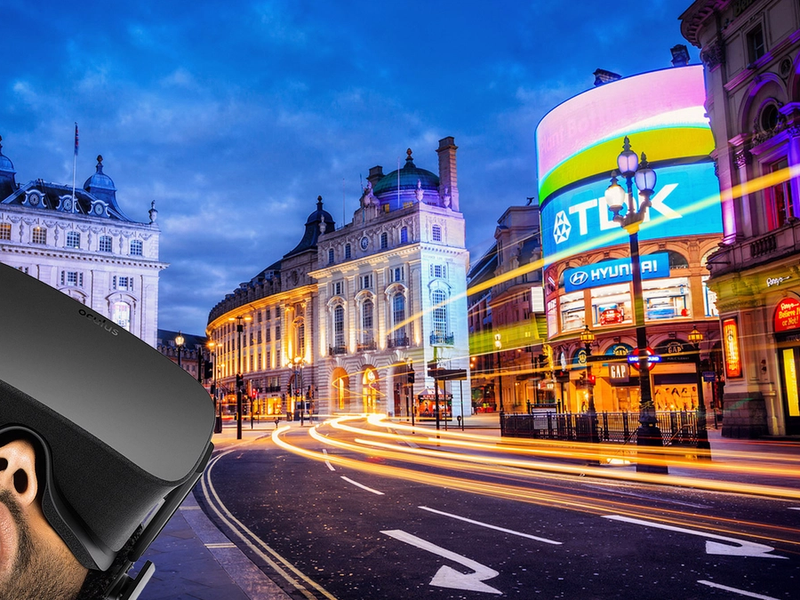How might Virtual Reality technology change the way we View the perfect Holiday?
Looking for a way to elevate your travel planning? Imagine slipping on a VR headset and stepping into your dream destina...

Flicking through the pages of a brochure used to be the main way for gathering tips and ideas for your dream vacation. Then came the internet, which has definitely transformed the way we book our holidays. However, technology could, once again, be responsible for another advancement within this scenario. While many of us head over to Trip Advisor for ideas, you still don’t quite know if the place that many people say is awesome will actually be right for you.
Space Travel using Virtual Reality
With this said, virtual reality is a new technology that is ready for take-off—yes, pun intended. While the main market is expected to be aimed at gamers, that’s not to say it won’t have many other purposes, too. After all, it just seems like a no-brainer that virtual reality will have its place within the travel industry.
What is virtual reality technology?
You might be wondering what exactly this technology is. Simply put, it involves wearing a headset.
- Your head movements mimic the reality of the world the game or content you’re viewing is showing.
- Your hand would control other movements, such as walking forwards or backwards.
I’m sure you’ll agree, the potential is quite huge, especially for travel.
How might it work?
How would it work exactly? Well, you’d ideally be able to explore the location of your choice, walking around as you might outside of this virtual world.
You May Also Like
More expert travel guides and tips



